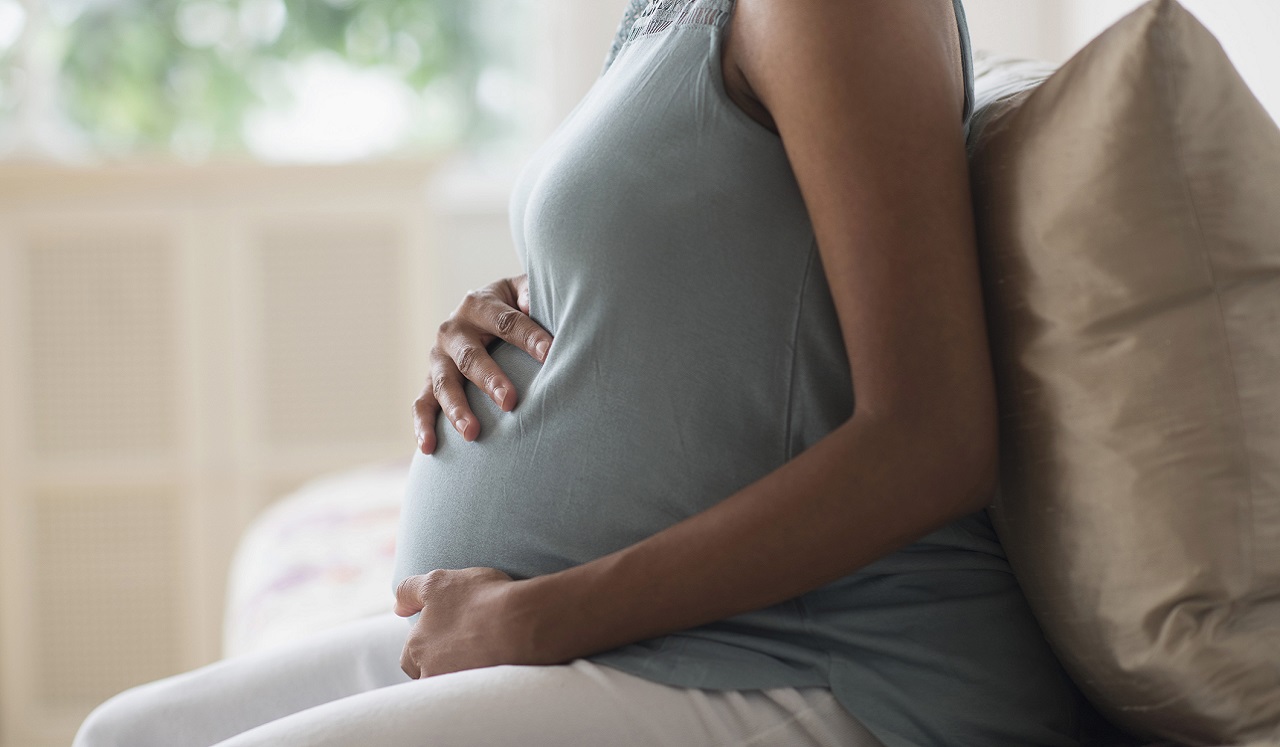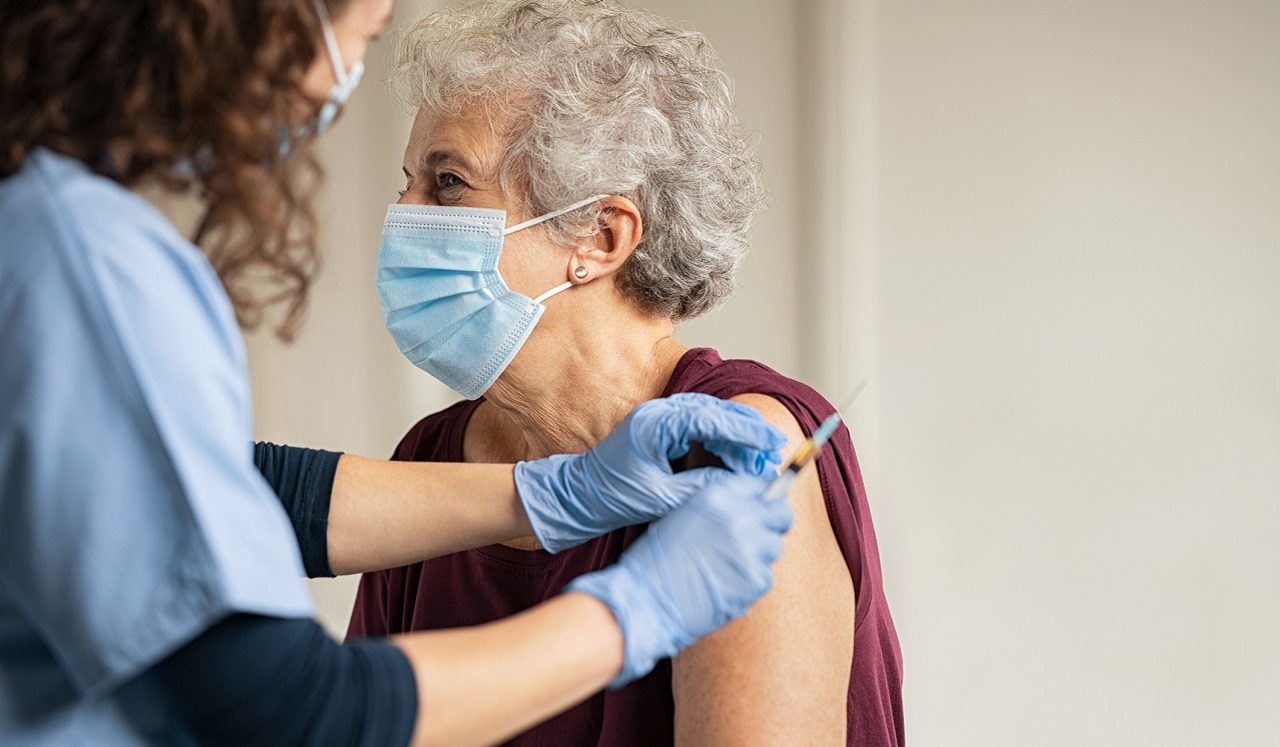August 17, 2021
Pregnant women are among the most vulnerable to COVID-19—and the least vaccinated.
Only 23% of pregnant women have had even one dose of a vaccine, according to a Wall Street Journal article, despite the U.S. Centers for Disease Control and Prevention “strongly recommending” pregnant and breastfeeding women be vaccinated.
“The vaccines are safe and effective, and it has never been more urgent to increase vaccinations,” CDC director Dr. Rochelle Walensky recently reaffirmed.
Even before the arrival of the deadly Delta variant of Sars-CoV-2 virus, soon-to-be and new moms with COVID-19 were more likely to wind up in ICUs and die than other young adults. The coronavirus also has led to higher chances of preterm births.
Pregnancy is among the CDC’s listed conditions that sharply raise the risk of severe disease should a person get infected with COVID-19. Pregnant and new moms face a 70% higher risk of dying.
They also are “significantly more likely” than others to need intensive care, to be connected to heart-lung bypass machines and to require mechanical ventilation.
The coronavirus also spikes the chance of other dangerous conditions, including the potentially fatal pre-eclampsia (high blood pressure and damage to kidneys and the liver) and gestational diabetes, which leads to larger babies. Mothers being obese or diabetic during pregnancy only worsens the likelihood of poor outcomes from COVID-19.
Newborns also are threatened with a greater likelihood of preterm births, stillbirths and low birth weights. In rare cases, the virus can be transmitted to the fetus before birth.
The CDC’s message is not new. The agency urged inoculations among pregnant women last April. “No safety concerns were observed for people vaccinated in the third trimester or safety concerns for their babies,” Dr. Walensky said at that time.
American College of Obstetricians and Gynecologists and other medical groups echo the recommendation that future mothers get vaccinated.
Getting inoculated does your baby a favor: You may pass on antibodies that help protect them from COVID-19, multiple studies reported in April.
Here’s what Pfizer and Moderna vaccines won’t do: raise the risk of miscarriage. They also won’t harm the baby growing in your belly. Nor do they cause infertility.
Neither vaccine contains live virus. Nor do they enter cells’ nucleuses, where DNA is stored.
Instead, these mRNA vaccines trigger an immune response in the body which creates antibodies against the coronavirus.
Hard data backs up the CDC’s statements. The likelihood of miscarriage was no higher in 2,500 pregnant women who received one of the mRNA vaccines during the first 20 weeks of gestation.
A study of 827 women who gave birth after being vaccinated also found rates of adverse events were similar to those before the coronavirus invaded. This study was published last April in the respected New England Journal of Medicine.
For mothers-to-be, the choice is clear. They especially need vaccines—for their baby’s sake and their own.
To learn more about receiving a vaccine at Memorial Hermann, click here.
The information in this article was clinically reviewed by Dr. Linda Yancey and is accurate as of August 17, 2021.


